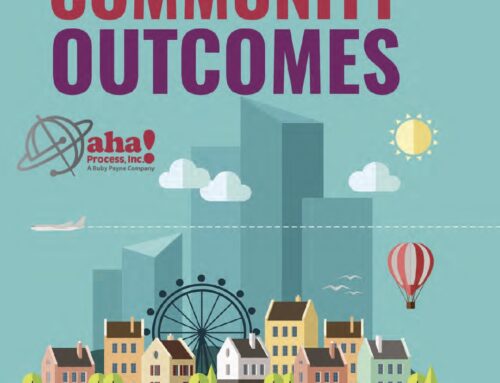Twelve days after my mother passed, my father also passed on. I am sure that my mother, on the other side, was a bit aggravated that he was late—again—as was his habit. His grandfather had always insisted that they be everywhere at least thirty minutes ahead of time, so he vowed that as an adult he would never be early. And to my knowledge, he never was!
His own father had died when he was a year old, so his Uncle Jesse, his mother’s brother, became almost like a father to him. His grandfather was cantankerous, and his mother was strict. He grew up in Iowa with many male cousins in a Tom Sawyer/Huckleberry Finn type of environment: rural, pranks, swimming in creeks, small towns where everyone knew everyone. He went to a one-room school and later was a teacher in that same one-room school.
He had the mind of an explorer—about ideas, people, and places. He liked people and travel. He liked ideas … as long as they were grounded in practical reality.
So what was my father’s legacy to me? He:
- was a gifted storyteller—an inherent part of my work today
- functioned as an incredible source of stability, strength, and integrity—for his family, his church, and his community; you may not have liked his views, but he was always respected
- had an ability to bluntly deliver a one-line, to-the-heart-of-the-matter comment (sometimes unkindly—not always an asset for him or me!)
- had a deep understanding and tolerance for human flaws and unexpected setbacks (he lost his right hand in a corn picker accident at 45 years old)
- had an unshakable spiritual foundation
- was absolutely delighted by conversation, would talk to anyone
- was a risk taker
And yet, as is the case with many successful people, he was “haunted” by what he perceived as a personal failure—that is, being unable to “grow” the church that he pastored for 40 years. And for him, he viewed it as a personal failure, as a huge shortcoming, even though the majority of traditional Protestant churches in America are rapidly declining in membership. I wrote to him last year and asked him to see his leadership in the context of a bigger picture—that his legacy was in the lives he touched and not in the institutions that he created—and that it was not a personal failure but a part of social change. When I asked him if he had read what I wrote; his only reply was that he had. He could not be comforted by words.
Deep disappointments are almost always etched into the mirrors of legacy.
Ruby K. Payne, Ph.D. is the founder of aha! Process and an author, speaker, publisher, and career educator. Recognized internationally for A Framework for Understanding Poverty, her foundational book and workshop, Dr. Ruby Payne has helped students and adults of all economic backgrounds achieve academic, professional, and personal success.








